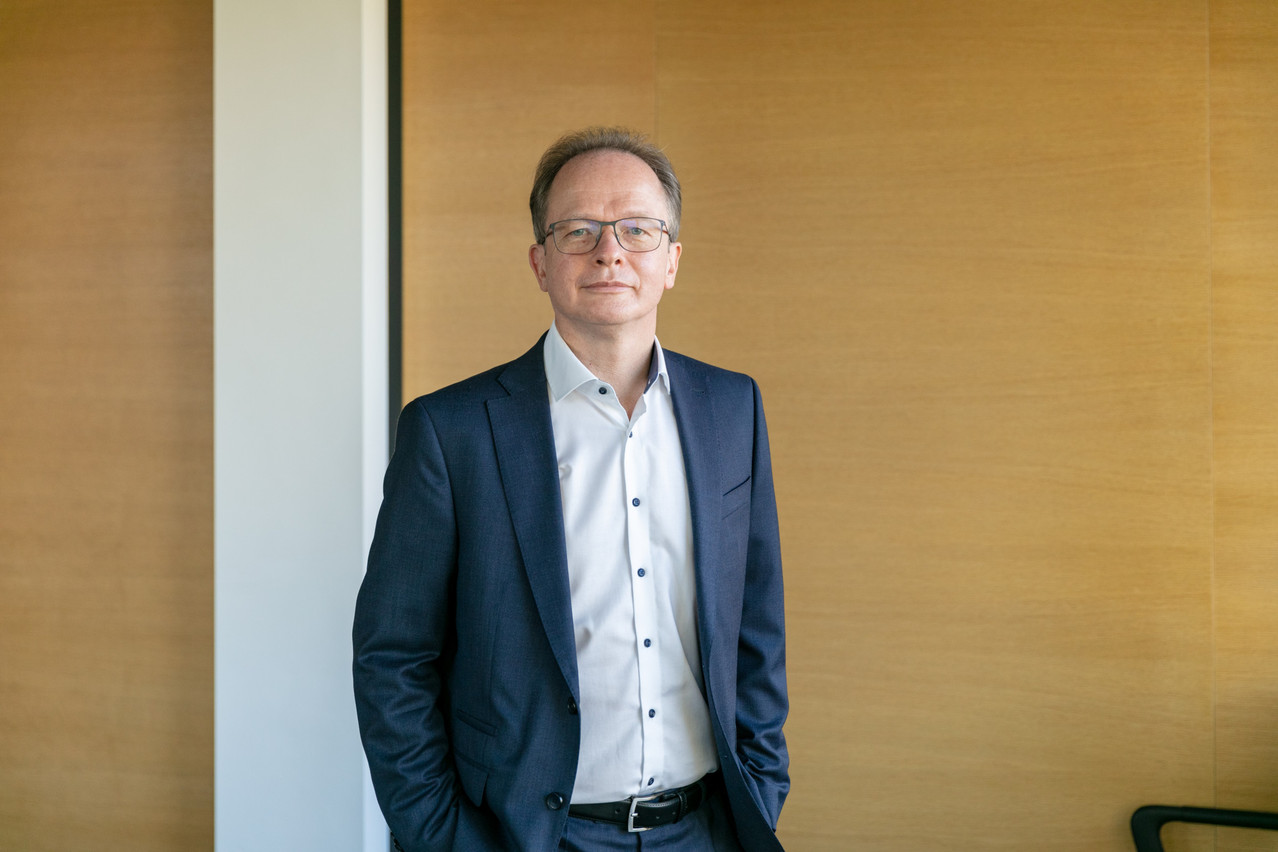BDO is no stranger to the audit, consultancy and business services sector. The story begins in 1950 under the name of Fiduciaire Générale du Luxembourg. After several mergers and splits, the firm became part of the BDO International network at the end of the 1990s. In the early 2000s, BDO Compagnie Fiduciaire employed 200 people. Today, BDO has approximately 530 employees in Luxembourg.
In 2020, the entities of the BDO network achieved a worldwide turnover of €9.2bn, an increase of 7.8%. The network is present in 167 countries through 1,658 offices. BDO International is active in the traditional business lines of the major audit and advisory networks: audit & assurance, advisory, tax and business services & outsourcing (BSO).
6% growth likely
In the grand duchy, the firm is active in each of the network's four business lines. Croisé is counting on turnover of around €64m for the 2020-2021 financial year, which ended on 30 September, which would represent growth of 6%. This would be enough to claim the number 5 spot after the Big 4, he believes. However, he acknowledges that the gap between the number 4 and number 5 is "still significant". All the business lines have participated in this growth, especially the audit, tax and advisory departments. For the BSO part, which includes a more accounting and payroll part, and represents an important portion of the firm's activity, the progression is less sizable.
The element that differentiates BDO from its big colleagues is "the very important local anchoring", insists the managing partner. And while the firm does not exclusively target the local client segment, it has dedicated teams in each of its business lines with a philosophy of generalist support for craftsmen and SMEs in all sectors of the economy.
International clients, who are much more concentrated in the financial centre, are also served. “This segment of activity draws its dynamism from the investment fund sector and is particularly driven by the growth of the alternative sector, with private equity and real estate at the forefront, and by the central fund administration sector.”
Leader in payroll
"We have a very wide range of services, probably the most complete in the country, with all the services offered by the large firms on the one hand and all the services that small and medium-sized fiduciaries can offer on the other," states Croisé.
BDO Luxembourg claims to be the leader in payroll. “All the big banks that outsource their payroll services do so with us.” The firm also audits the country's three largest employers and banks, “one of which is systemic”. And while these audit contracts are largely due to the rotation system that prevails in the audit sector, it is also a testament to BDO Luxembourg's good image in the marketplace and the achievement of a certain critical size.
BDO Luxembourg can also count on its subsidiary BDO Technology, which produces tax, compliance and payroll software, for its development. “Software that we use to deliver our services, but which we also market to companies and fiduciaries.”
Priority to digitalisation
Digitalisation is one of the priorities of Croisé’s new mandate, which began on 1 October. “This is in order to achieve the four objectives we have set ourselves, which are to improve the customer experience and customer satisfaction, to improve the quality of risk management and to increase efficiency and performance.”
In the midst of the pandemic, the firm has launched a major digitalisation and operational excellence project.
Still on the pandemic: at the end of 2019, BDO Luxembourg had launched a test phase in terms of teleworking in order to see, subject to stakeholder and fiscal constraints, what the possibilities and needs of employees were. Almost all employees were equipped with laptops. “When the lockdown came, we were better prepared than others. For almost all our activities, we were largely digitalised and teleworking did not pose any operational problems.”
The key to seeing how much teleworking will take place after the covid crisis will be to see how employees work together and how newcomers are integrated. Since the beginning of the year, 130 new employees have been recruited.
Originally published in French by and translated for Delano
